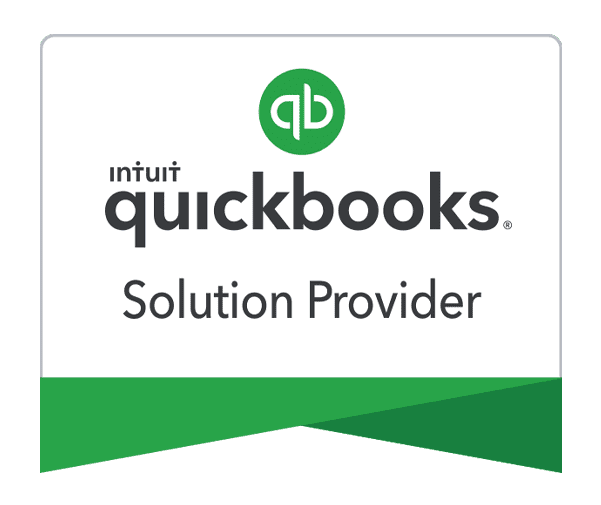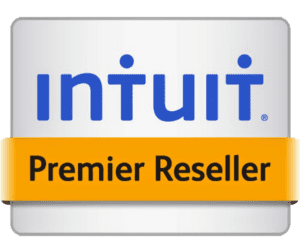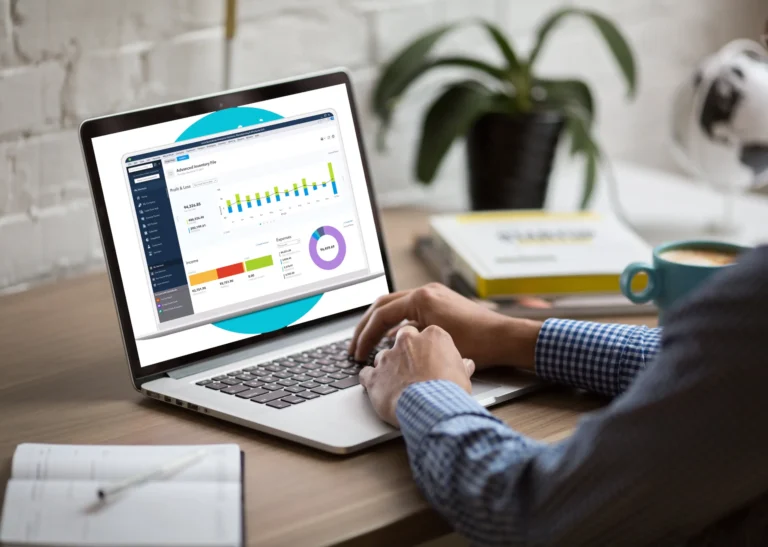Top 10 Signs It’s Not a Good Idea to Switch from QuickBooks Desktop to Online

Paygration, Inc.
While QuickBooks Online is popular for its accessibility and cloud-based convenience, it’s essential to recognize that QuickBooks Desktop remains a powerhouse for many businesses, especially those with specific needs and preferences. While QuickBooks Online undoubtedly has its advantages, it might not be the best fit for every organization.
Let’s explore 10 signs that indicate sticking with QuickBooks Desktop could be the smarter choice for your business.
1. Complex Inventory Needs
QuickBooks Desktop is better suited for businesses with complex inventory needs, such as those dealing with assemblies, multiple locations, or advanced tracking requirements. QuickBooks Desktop’s robust inventory management system allows for detailed tracking and reporting, accommodating various inventory scenarios effectively. Whether you’re managing intricate product assemblies, tracking inventory across multiple warehouses, or need advanced costing methods, QuickBooks Desktop offers the tools and flexibility to handle it all.
Check out the top inventory management features in QuickBooks Desktop Enterprise.
2. Large Data Files
If your company deals with substantial data files, QuickBooks Desktop’s robust performance is more reliable than QuickBooks Online’s cloud-based system, which can lag with extensive data. QuickBooks Desktop’s architecture allows it to handle large data files with ease, ensuring smooth performance and faster processing. This is crucial for businesses with extensive transaction histories, customer databases, or inventory records, as QuickBooks Desktop’s efficiency prevents slowdowns or crashes often experienced with online versions.
3. Advanced Reporting Requirements
QuickBooks Desktop offers more advanced reporting features compared to QuickBooks Online, making it preferable for businesses needing detailed financial analysis. With QuickBooks Desktop, businesses have access to a wide range of customizable reports, including profit and loss, balance sheet, and cash flow statements, providing deeper insights into financial performance. Whether you require industry-specific reports, custom reporting structures, or advanced analytics, QuickBooks Desktop’s robust reporting capabilities deliver the insights you need to make informed decisions.
Learn more about advanced reporting in QuickBooks Desktop Enterprise.
4. Job Costing
If your business heavily relies on job costing, QuickBooks Desktop’s job costing features are more comprehensive and customizable than QuickBooks Online. QuickBooks Desktop offers robust job costing tools, allowing businesses to track costs, labor, and materials for each project accurately. This level of detail provides insights into profitability and project performance, enabling better project management and resource allocation. Whether you’re in construction, manufacturing, or professional services, QuickBooks Desktop’s job costing capabilities help maximize profitability and efficiency.
5. Data Control
QuickBooks Desktop allows for more control over your data, as it’s stored locally on your computer, while QuickBooks Online stores data in the cloud, limiting control. With QuickBooks Desktop, businesses have full control over their data, including backups, security, and access, ensuring data privacy and compliance with regulatory requirements. This level of control is particularly important for businesses dealing with sensitive financial information, proprietary data, or strict regulatory standards.
6. Offline Access
QuickBooks Desktop can be accessed offline, which is crucial for businesses operating in areas with unreliable internet connections. QuickBooks Desktop’s offline access ensures uninterrupted workflow, allowing users to continue working on accounting tasks even without internet connectivity. This feature is invaluable for businesses in remote locations, on job sites, or during internet outages, ensuring continuous productivity without disruptions or delays.
7. Long-Term Cost Analysis
While QuickBooks Online may seem cheaper initially, a long-term cost analysis may reveal that QuickBooks Desktop is more cost-effective. QuickBooks Desktop requires a one-time purchase with optional upgrades, whereas QuickBooks Online involves recurring subscription fees. For businesses with long-term plans, especially those with stable or decreasing user counts, QuickBooks Desktop often proves to be the more economical choice over time.
8. Fixed Asset Accounting
QuickBooks Desktop offers robust fixed asset management capabilities, allowing businesses to track and manage their fixed assets effectively. This feature is particularly useful for businesses with significant investments in property, equipment, or other fixed assets. QuickBooks Desktop enables businesses to record asset acquisitions, depreciation, and disposals accurately, ensuring compliance with accounting standards and accurate financial reporting.
Fixed asset accounting in QuickBooks Desktop provides businesses with valuable insights into the value and depreciation of their assets over time, facilitating better decision-making regarding asset management and capital investments. While QuickBooks Online offers limited fixed asset tracking, QuickBooks Desktop’s capabilities are more comprehensive and tailored to businesses with extensive fixed asset portfolios.
Learn more about fixed asset accounting in QuickBooks Enterprise.
9. Estimate vs Actual Reporting
QuickBooks Enterprise offers estimate vs actual reporting in all its plans, whereas with QuickBooks Online, it’s available only in the highest plan. By using estimated vs. actual reporting, businesses can gain valuable insights into their budgeting and forecasting accuracy. For instance, if a business estimates project costs or revenues, they can compare these estimates to the actual costs or revenues incurred, allowing for adjustments to future budgeting and forecasting strategies. This helps businesses to refine their financial projections, improve budgeting accuracy, and enhance overall financial planning.
Moreover, estimated vs. actual reporting enables businesses to track performance against goals or benchmarks. By comparing actual results to initial projections, businesses can evaluate their performance and identify areas for improvement. For example, if actual expenses exceed estimated costs, businesses can investigate the reasons behind the variance and take corrective actions to mitigate future discrepancies. Conversely, if actual revenues exceed estimated figures, businesses can analyze the factors contributing to the success and capitalize on them in future planning.
10. Specialized Industry Versions
QuickBooks Desktop offers industry-specific versions tailored to various industries, providing specialized features not available in QuickBooks Online. QuickBooks Desktop’s industry-specific versions, such as Contractor, Retail, and Nonprofit, offer tailored features and workflows designed to meet the unique needs of specific industries. Whether you’re in construction, retail, manufacturing, or nonprofit, QuickBooks Desktop provides industry-specific tools and reporting options to streamline accounting processes and improve efficiency.
For more information, see the differences between QuickBooks Online and Desktop.
Conclusion
Switching from one accounting system to another is a significant decision that can profoundly impact your business operations. It’s essential to understand your business’s unique requirements and how different software solutions align with those needs. Contact Paygration today at 866-949-7267 for a free demo and consultation tailored to your business needs. Our team of experts specializes in QuickBooks solutions and understands the complexities of transitioning between versions.
















